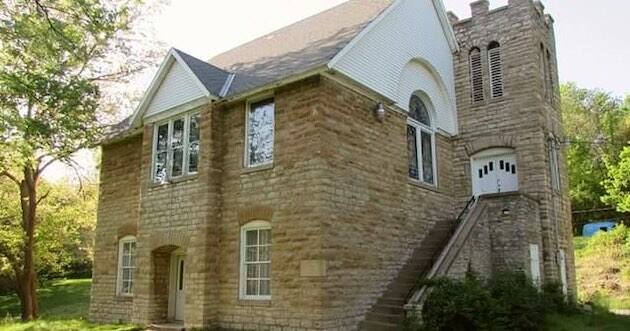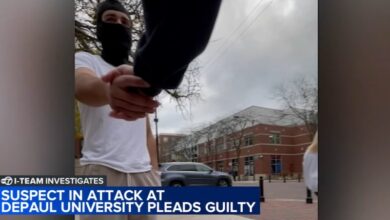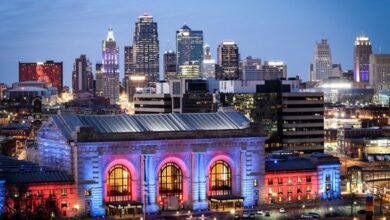Local historic Black church among those to get preservation grant

A historic Black Kansas City area church will receive a grant for preservation.
Washington Chapel CME Church in Parkville, Mo. was the only church in Kansas or Missouri to be included among 30 nationwide.
The funding is part of $4 million in grants through the Preserving Black Churches program. With this year’s awards, more than 70 historic churches will have been assisted with a total of $8.7 in grants.
Washington Chapel CME was constructed in 1907 by college students and formerly enslaved citizens. At the time, it was known as a “beacon 0n a hill” for the Black community in Parkville. The congregation there is even older, formed in 1870. The historic church is currently not useable because of severe degradation of the structure. The grant will pay for roof repairs and allow for other restoration aspects allowing worship to resume as well as serving as a community events space.
READ: The move to preserve historic stained glass
This year’s grants range from $50,000 to $200,000 and include Town Clock Church in Indiana which was constructed in 1852 and became a station in the underground railroad.
“We created the Preserving Black Churches program to ensure the historic Black church’s legacy is told and secured,” said Brent Leggs, executive director of the fund, in a statement, adding that “these cultural assets can continue to foster community resilience and drive meaningful change in our society.”
Many of the churches have strong ties to the civil rights movement in the south including New Orleans’ St. Hames AME Church and the Bethel AME Church in Atlanta–which helped organize the first 100-percent Black-owned college.
Historian Henry Louis Gates Jr. is an advisor to the fund, which is supported by Lilly Endowment Inc. He welcomed the announcement to help the churches, many of which are closed due to structural damage.
“The heart of our spiritual world is the Black church,” said Gates in the announcement. “These places of worship, these sacred cultural centers, must exist for future generations to understand who we were as a people.”
This is the second year the grants were awarded.
–Dwight Widaman | Metro Voice








